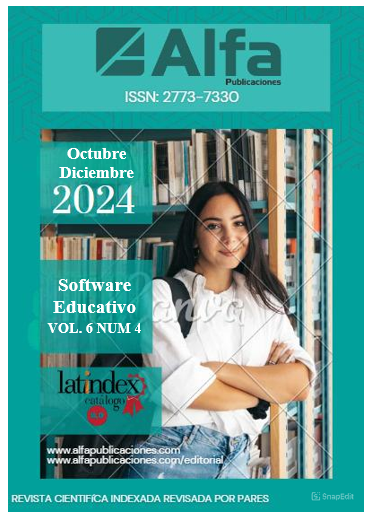System of recreational activities adapted for the inclusion of students with hearing disabilities in physical education
Main Article Content
Abstract
Introduction. Including students with hearing disabilities in Physical Education classes implies adapting both the teaching methodologies and the activities to be developed in the class; this represents a pedagogical and didactic challenge. Objective. To develop a system of adapted recreational activities that favor the inclusion of students with hearing disabilities in Physical Education classes. Methodology. The research followed a non- experimental design with a qualitative approach, of a descriptive nature, supported by theoretical and empirical methods and techniques such as observation and interviews; for its development, three stages were established: diagnosis, design, and validation. The sample was non-probabilistic and intentional; it was made up of 8 students, of which two cases with hearing disabilities belonging to the María Manuela Domínguez de Espejo y Aldaz Specialized Educational Unit in the City of Guayaquil were selected as the analysis unit. Results. 1. The difficulties that Physical Education teachers have in managing the process of inclusion of students with hearing disabilities in the classroom were evidenced. 2. The need to develop adapted recreational activities to favor the process of inclusion of students with hearing disabilities in Physical Education classes was confirmed. 3. A system of adapted recreational activities is provided for the inclusion of students with hearing disabilities in Physical Education classes. Conclusions. The proposed system of adapted, recreational activities, given their structure and components, favors the inclusion of students with hearing disabilities in Physical Education classes, which is the object of study, contributing to the improvement of their motor performance.
Downloads
Article Details
dssfdsf
dsfdsf

